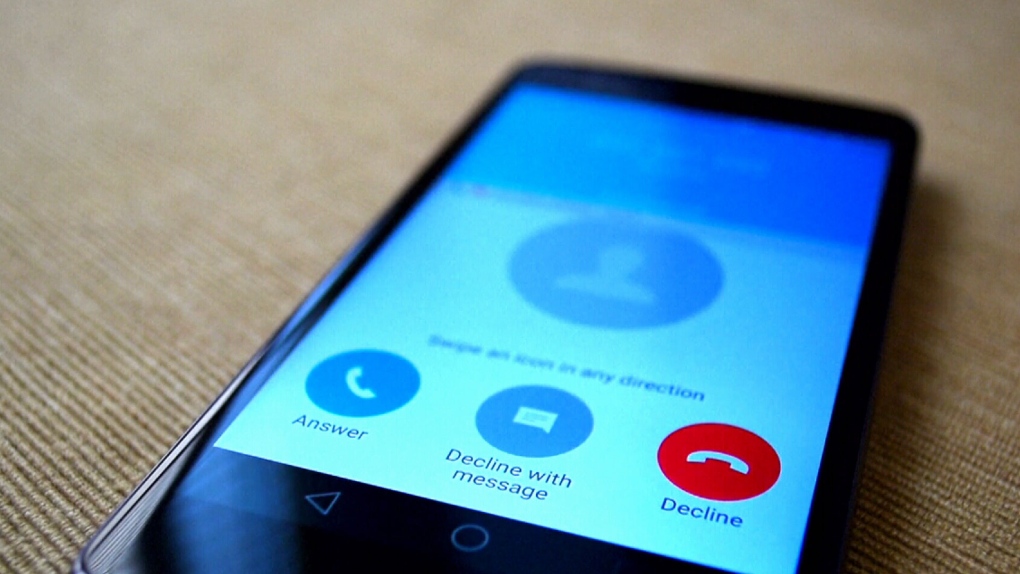In the digital era, political campaigns and research have increasingly adopted modern technologies to reach and engage with potential voters. One such method that has gained attention is the use of robocalls for political research. Specifically, the 4169001476 political research robocall represents a case study in how political entities leverage automated calling systems to gather data, influence public opinion, and engage with the electorate. We delves into the implications, effectiveness, and ethical considerations of such practices, focusing on the 4169001476 robocall as a central example.
The Emergence of Political Robocalls
Political robocalls involve automated telephone calls made to deliver pre-recorded messages. The primary purpose of these calls ranges from voter mobilization to conducting surveys. The 4169001476 robocall falls into the category of political research, where organizations seek to understand voter preferences, opinions on policies, and potential voting intentions.
Impact on Voter Engagement
The use of robocalls, such as the 4169001476 instance, has a dual impact on voter engagement. On one hand, these calls can increase awareness about electoral issues and encourage participation in the political process. On the other hand, the intrusive nature of unsolicited calls can lead to negative perceptions among recipients, potentially harming the very campaigns they aim to support.
Effectiveness and Accuracy of Data Collection
The effectiveness of robocalls in gathering accurate political data is a subject of debate. While the 4169001476 robocall and similar initiatives can reach a wide audience quickly and at a low cost, the response rate and the honesty of the responses collected can vary significantly. This variability raises questions about the reliability of the data gathered through such automated calls.
Ethical Considerations and Regulatory Compliance
Robocalls, including those for political research like 4169001476, operate in a complex legal and ethical landscape. Regulations such as consent requirements and restrictions on calling times are designed to protect consumers. However, the balance between effective political communication and respecting individual privacy remains a contentious issue.
Conclusion
The 4169001476 political research robocall exemplifies the broader trend of integrating technology into political campaigning and research efforts. While these calls offer a means to engage with the electorate and gather valuable data, they also pose challenges in terms of effectiveness, voter perception, and ethical considerations. As political entities continue to utilize such tools, it is crucial to address these challenges to ensure that the benefits of technology in political research are realized without compromising ethical standards or public trust.

